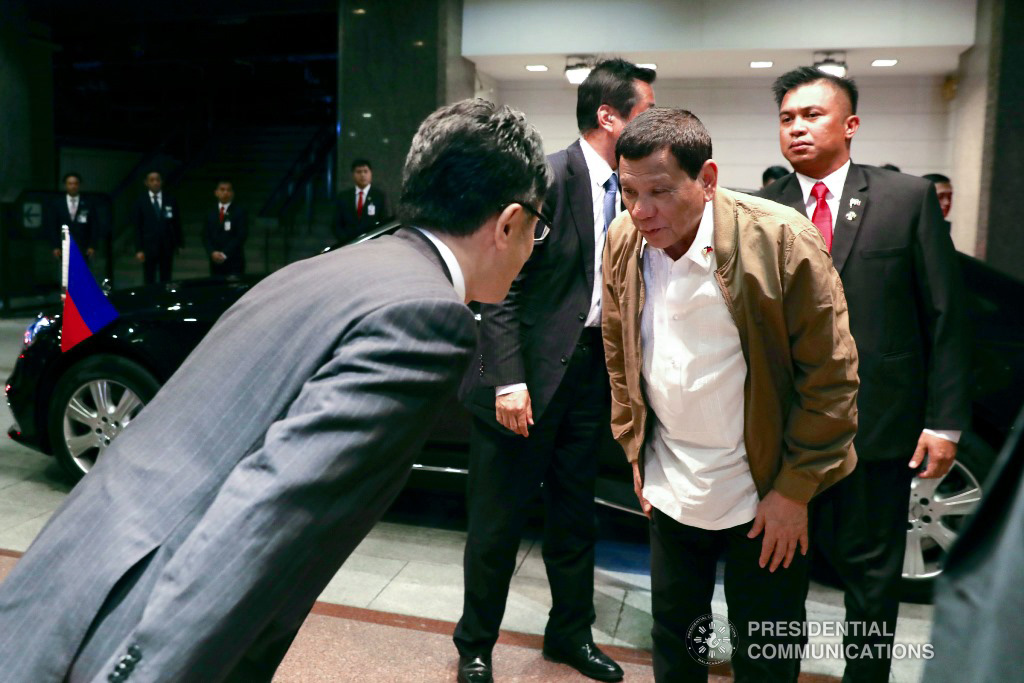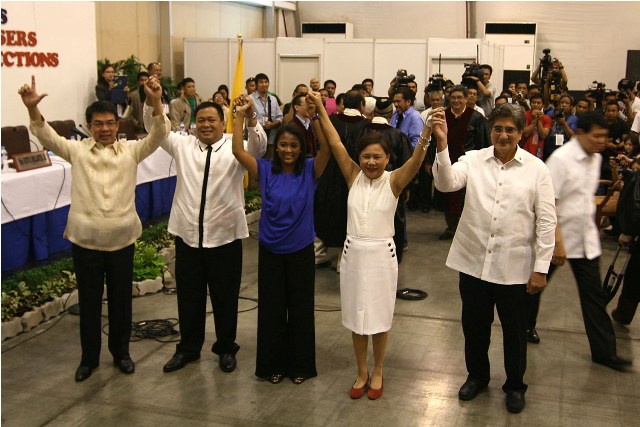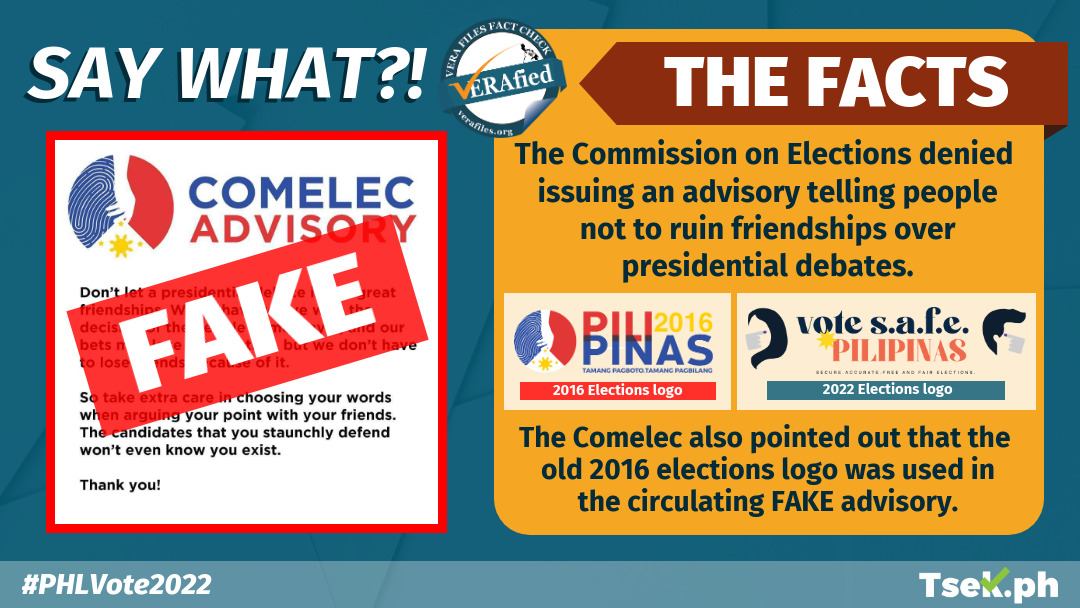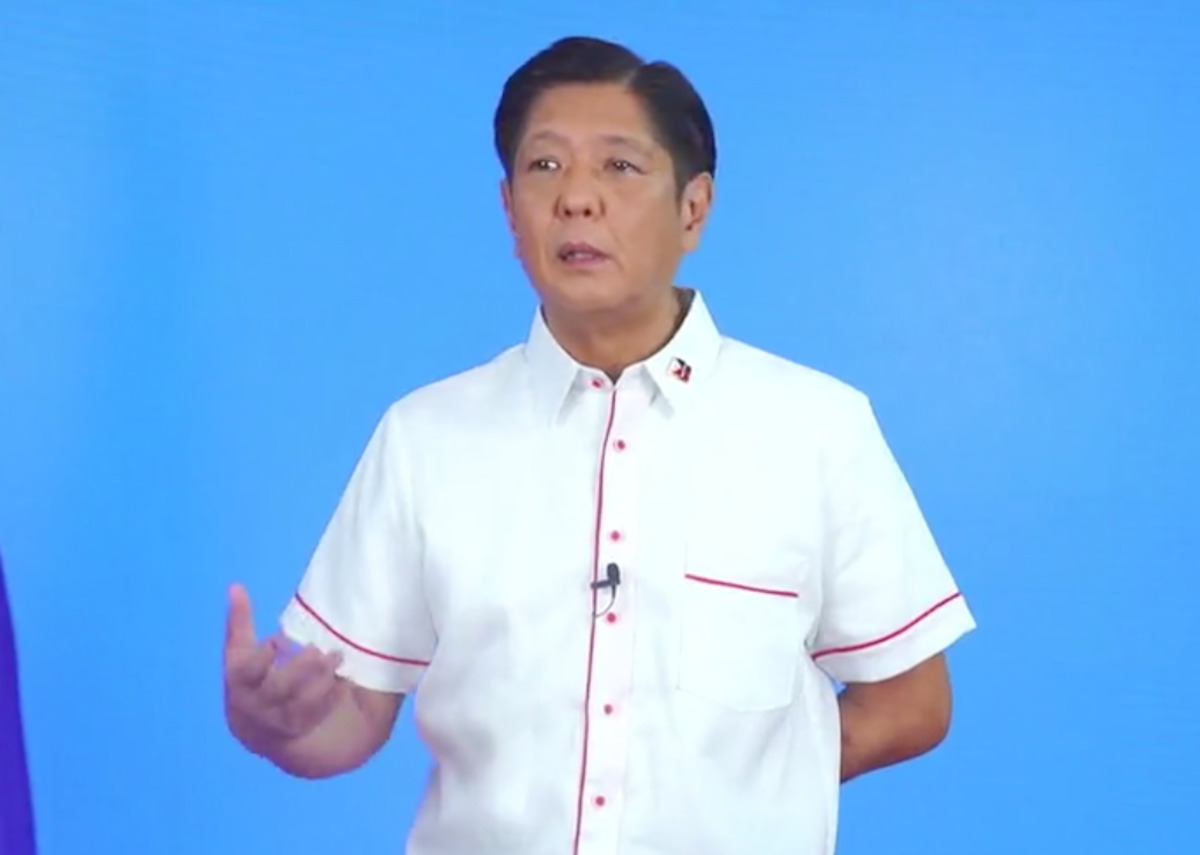
The Commission on Elections (Comelec) will look into replacing technology partner Smartmatic in light of President Rodrigo Duterte’s call for a new poll supplier.
Duterte said on May 30 that he wanted Smartmatic out due to alleged cheating during the 2019 midterm elections, where administration bets bagged a landslide victory in the senatorial race.
“Kasi ang Liberal (Party), sabi nila nadaya sila (Because the Liberal Party said they were cheated),” he said in a speech in Japan, referring to the opposition group.
“Ako, sabi nila, nadaya rin, (I, they said, was cheated too),” Duterte added. “And you know, it’s creating an environment of hostile attitude against that Smartmatic. Palitan na ninyo kasi (Replace them) it is no longer acceptable to me, to the people, and even to the congressmen who are here.”
The President also said he wanted to remove the bidding process for the next election supplier.
Comelec Spokesperson James Jimenez said Duterte’s statement will be a big factor in the poll body’s next move.
“Isa sa mga sinabi ng Pangulo ay tanggalin na yung bidding (One of the things the President said was to remove the bidding,” he said in a May 31 press briefing, while explaining that Commission on Audit rules require public bidding.
Jimenez said that if the rules can be amended, that is worth a try.
He said Duterte’s pronouncement did not mean that the President has lost faith in the automated election system.
Meanwhile, the Liberal Party said in a May 31 statement that the government should also address other issues that emerged in the 2019 elections like campaign violations, vote-buying and the Palace’s “baseless narco-list,” referring to the list of local officials allegedly involved in the illegal drug trade.
Back to manual voting
Poll watchdog National Citizens’ Movement for Free Elections (Namfrel) called on the Comelec to listen to the President’s advice.
“The President’s pronouncement opens up the opportunity to look for other election technologies,” the poll watchdog said in a May 31 statement.
However, the group said Republic Act 9369 or the Automated Election Law only allows automated election systems that have been successfully used abroad, thus preventing local systems developers from making their own systems.
As such, Namfrel said the law must be amended “to open up opportunities for local technology providers to supply locally developed election solutions that protect the secrecy of the ballot and ensure transparency of the vote count.”
The group has likewise proposed returning to manual voting, where voters write the name of their choices on blank spaces and put their ballots in a ballot box. However, they said computers should be used to assist in the counting and transmission of votes.
Lowest bid wins
The Comelec has been heavily criticized for the numerous technical issues during the May 13 polls, ranging from defective vote-counting machines to a malfunctioning transmission server, causing delays in the actual voting in several places and snags in the transfer of voting results.
COMELEC chair Sheriff Abas said in a May 14 press conference that the possible low quality of election paraphernalia like marking pens, ballots and SD cards may have caused the problems.
Abas named the SD card supplier as S1, while the marking pens were from Triplex. The situation was different from the 2016 elections when Smartmatic, which supplied the vote-counting machines, also provided all the other materials.
“After 2016, we asked for a budget from the government and we were given an OTP or option to purchase,” Abas said. “The problem with OTP is ‘unbonded’ ang mga components. There is a different supplier for machines, different supplier for SD cards, and another one for marking pens.”
Under the procurement rules, the Comelec had to pick the lowest bidder, which nonetheless passed the government’s quality tests.
“We did the bidding process for SD cards and we had a budget of P80 million,” Comelec Commissioner Marlon Casquejo said at the press conference. “The lowest bidder bid P29 million. So what do we expect from P29 million SD cards?”



